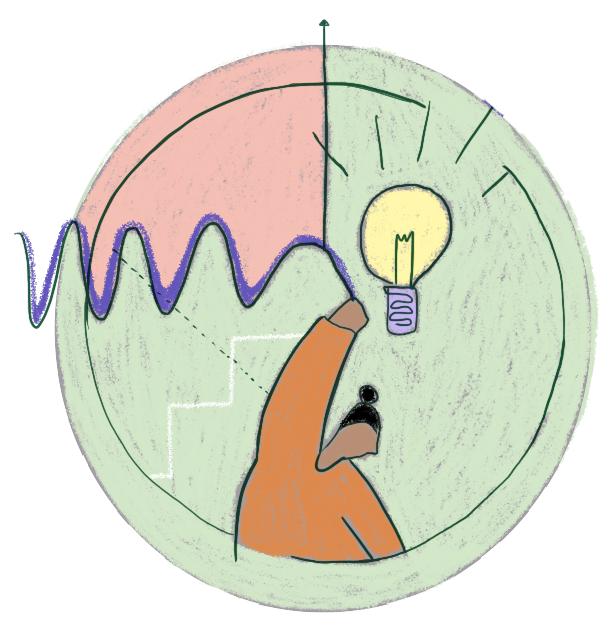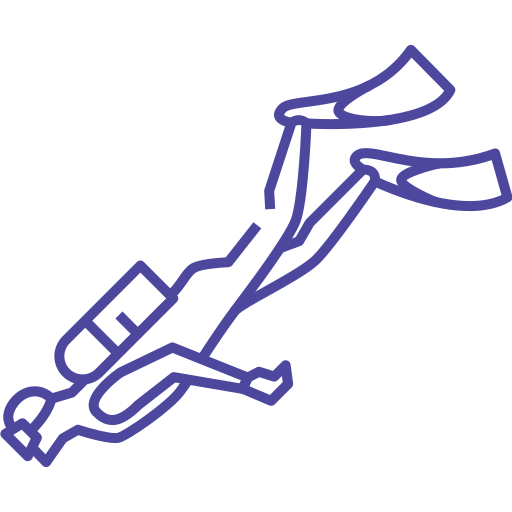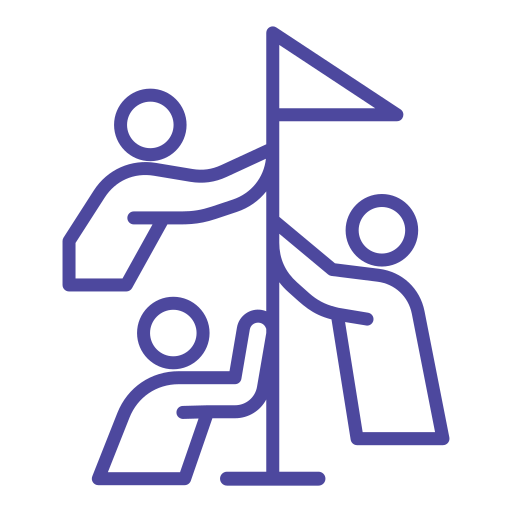build capacity
join us for virtual courses and learn with peers. all programs are hosted online with ongoing access to resources, recordings and slides.

'the ability to think and act systemically is the greatest intellectual and practical challenge of this century.' ~ geoff mulgan
10 month program
systems leadership program
an 10 month collective learning journey to discover, nurture and grow your systems leadership wisdom and experience.
multi-week courses
short intensives

system boundaries
how to move from overwhelm to empowerment by defining the system you seek to change

introduction to systems leadership
gain a new perspective on how to participate and contribute to systems leadership for the systems that you care about

facilitating systems thinking
gain insight on what systems thinking is, and where and how you can help to facilitate it for others
we live and generate our income on Kabi Kabi/ Gabbi Gabbi Country and pay our respects to their elders past and present, this beautiful land, skies and waters.
we acknowledge the strength, resilience and wisdom of Aboriginal and Torres Strait Islander people on this continent. we celebrate their creativity, ingenuity and contributions to community. we recognize first nations people around the world as the first systems thinkers and are grateful for the immense generosity in the wisdom and knowledge shared with us.
we recognize the historical and ongoing harm of colonization and take up the responsibility to contribute to processes of reconciliation and reparations and to listening and integrating lessons from truth telling.


